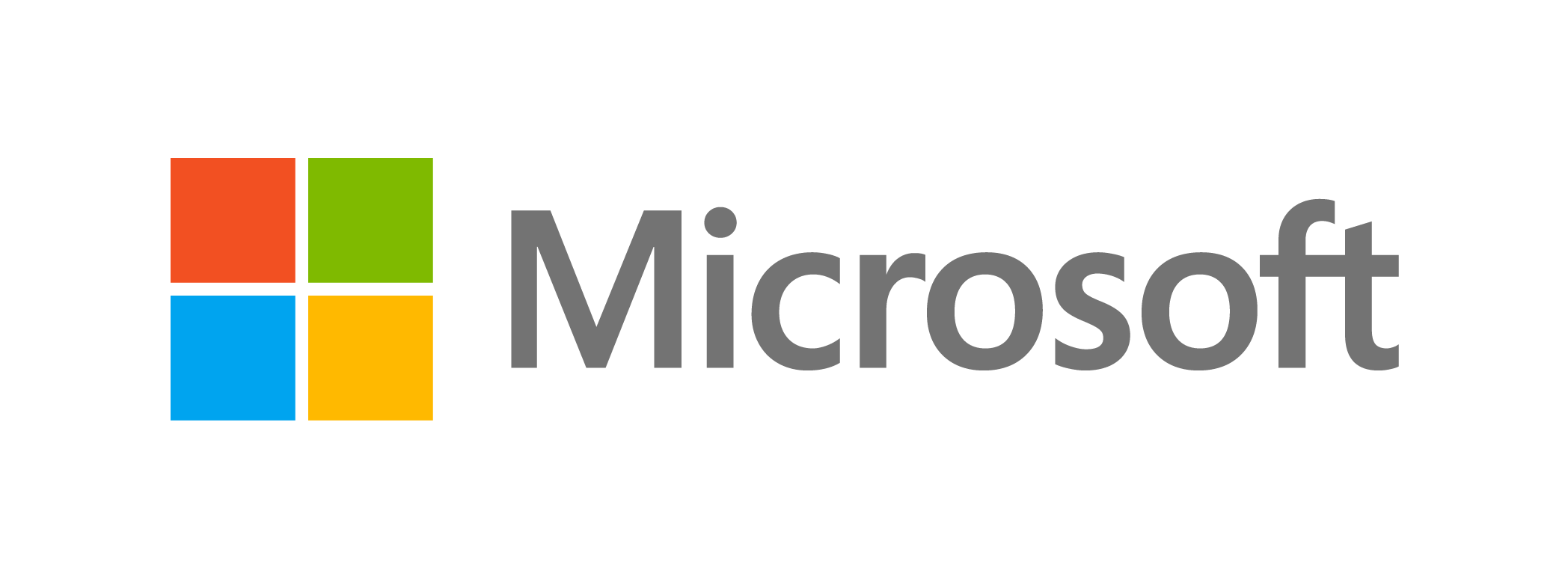
Supply chain solutions for the future
November 23, 2022
By Sherief Ibrahim, General Manager, Business Applications at Microsoft Canada
Brought to you by Microsoft
 Photo: Microsoft
Photo: Microsoft Supply chain disruptions are certainly not new, but their frequency and complexity have vaulted them to the forefront for many organizations as they deal with external disruptions and economic uncertainty. During my nearly 10 years working in the consumer devices sector, supply chain was the difference maker in winning market share during key consumer moments, delivering on gross margin targets and building trust with some of the largest retailers in Canada. Today, increasingly complex supply chains put that difference maker at risk – the problems that can arise are outpacing human resources and the ability to quickly find solutions at an enterprise and global scale. It is becoming imperative for data and AI to assist supply chain professionals in problem spotting and risk mitigation.
But many organizations simply are not prepared for today’s challenges. Enterprises are dealing with data living across numerous legacy systems and solutions, resulting in a fragmented view of the landscape. According to a recent Harvard Business Review (HBR) survey, more than three quarters (76 percent) of organizations say increasing resiliency of the supply chain is top of mind for their leadership, but only one in 10 (11 percent) organizations have a single, integrated supply chain platform in place.
To help organizations ensure the resiliency and agility of their supply chains, we’ve introduced the Microsoft Supply Chain Platform. This solution maximizes supply chain data estate investment with an open approach, bringing the best of Microsoft AI, collaboration, low-code, security and SaaS applications in a composable platform.
At the core of the Supply Chain Platform is the Microsoft Supply Chain Center. This solution provides a “command centre” ready-made to natively work with supply chain data and applications. It allows practitioners to harmonize data from across existing supply chain systems, like Dynamics 365 and other ERP providers including SAP and Oracle, along with stand-alone supply chain systems. Centralizing an organization’s data estate through Supply Chain Center unlocks significant potential for AI problem-solving to help supply chain practitioners better predict and mitigate risk through insights and “smart news” capabilities. Combined with smart news, supply chain practitioners can make decisions and plan with real-world event information and historical insights for product demands.
Across Microsoft, we are working with many organizations to build their own custom supply chain solutions, including Kraft Heinz. As part of its desire to better address supply chain disruptions, Kraft Heinz is leaning heavily into a digitized approach, shifting the company to a more predictive strategy and rapid response model. Extreme pressures on end-to-end supply chains during the past two years have exposed the need for more connected and collaborative networks between suppliers, buyers, retailers and other parties along the value chain.
“Our collaboration with Microsoft is a critical piece of our supply chain transformation. The platform gives our team the ability to be more agile – assessing risk and opportunities faster than ever before. Simply put, it provides the end-to-end visibility we need to keep our products on people’s tables across North America, and there’s nothing more important,” said Mitch Arends, Executive Vice President, Head of Operations, Kraft Heinz North America.
In addition to mitigating risk and disruption, the digital transformation of supply chains is one of the biggest opportunities for organizations to reduce their carbon footprint. However, it is one of the most challenging areas to address because decision-makers (again) lack the data and insights to optimize the selection of suppliers, routes, fulfillment, and products. Using capabilities from Dynamics 365 Supply Chain Management and Order Management in the Supply Chain Center, organizations can make sustainable decisions on product sourcing, package-free returns, transportation logistics, manufacturing, warehouse automation and more.
We believe supply chain agility is critical to persevere in today’s economic climate. This means understanding and taking real-time actions based on supply chain data, securely and with sustainable business practices. We’re excited to deliver on this first step in our commitment to reimagine the supply chain for organizations across Canada. Learn more at aka.ms/SupplyChainPlatform
Author bio: Sherief Ibrahim is the General Manager of Business Applications at Microsoft Canada.
Advertisement
- Far-sighted vision: Advancements in artificial intelligence to enhance machine vision adoption
- Ford selects Rockwell as primary controls and solutions provider for EV production sites